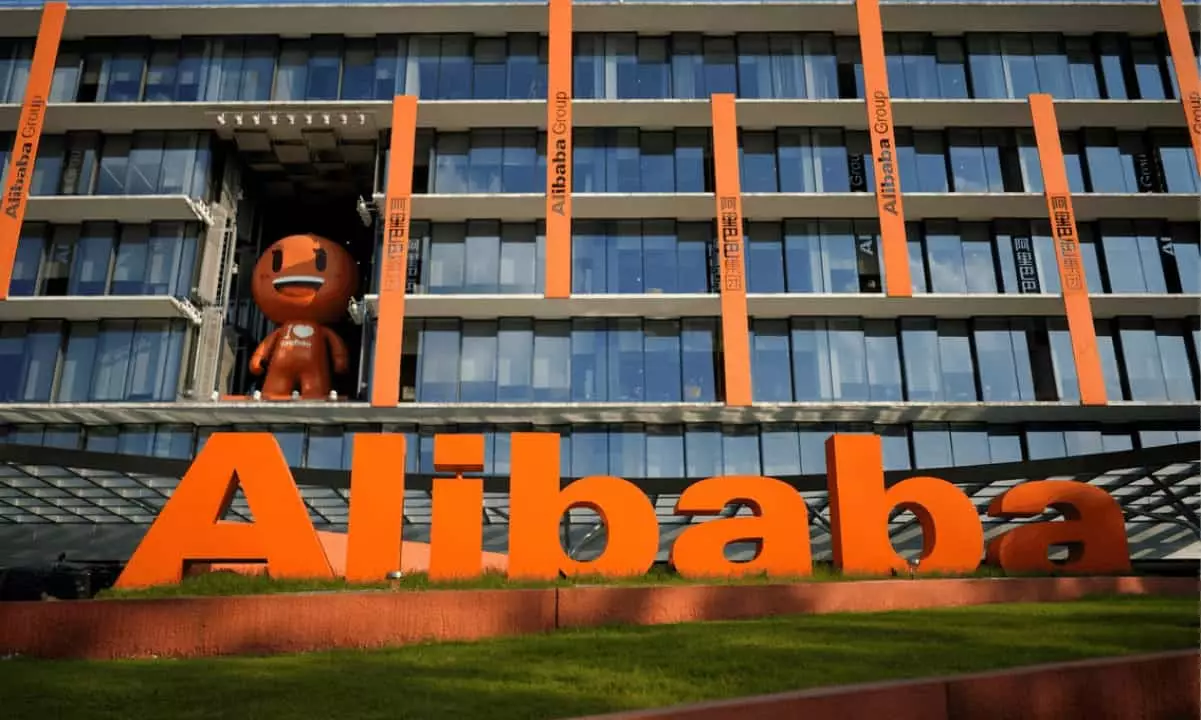The narrative surrounding technology companies has recently taken a decisive turn, with major players reacting to the evolving landscape of digital innovation. In this context, Alibaba, the Chinese e-commerce giant, has made significant cuts to its metaverse operations, a strategic move that underscores a broader trend within the tech industry. As organizations begin to acknowledge the limitations of the metaverse hype, many are pivoting their focus toward more immediate and promising technologies, notably artificial intelligence (AI).
In a move that has raised eyebrows, Alibaba has downsized its Yuanjing metaverse unit, resulting in layoffs that reportedly affected “dozens” of employees across its Shanghai and Hangzhou offices. Once a thriving division backed by billions of yuan in investments and employing hundreds, Yuanjing now faces a painful restructuring aimed at enhancing operational efficiency. While the downsizing signals a contraction within Alibaba’s metaverse ambitions, the unit will continue to operate, redeploying its efforts toward more customer-centric applications and useful services. This shift indicates a clear recalibration of priorities amid growing skepticism about the metaverse’s immediate potential.
Despite these cuts, Alibaba remains committed to pursuing elements of the metaverse, particularly through innovative technologies like augmented reality (AR). This is illustrated by a notable investment in Nreal, a company dedicated to AR glasses, which received support totaling $60 million. The strategic emphasis on AR is noteworthy, as industry analysts contend that such technologies will eventually serve as the primary gateways for user engagement with metaverse platforms.
Furthermore, in support of its metaverse endeavors, Alibaba introduced a cloud-based operating system designed to empower video games and various industrial applications. This technology could help facilitate a smoother transitory experience into the metaverse for both consumers and businesses, underscoring the continued relevance of Alibaba’s involvement in this space, albeit with a more disciplined approach.
Alibaba’s downsizing is not an isolated incident. Other tech giants are similarly reducing workforce sizes and investments in metaverse projects while redirecting resources to AI initiatives. Meta Platforms, the parent company of Facebook, has already laid off personnel from its Reality Labs division, illustrating a trend toward intensified focus on AI technology following the rising prominence of ChatGPT and its ramifications on digital interactions.
Despite the cooling off on the initial enthusiasm for the metaverse, industry data from Global Markets Insights reveals promising growth in the industrial metaverse segment. With a market valuation of $22.4 billion in 2023 and a projected compound annual growth rate of 29.5%, there remains a potential for considerable expansion in this realm from 2024 to 2032.
As the tech landscape continues to evolve, Alibaba’s priorities reflect broader industry shifts as firms navigate the practical realities of emerging technology. While the dreams of fully immersive metaverse experiences seem distant, the focus on AR and AI could eventually shape a new wave of digital engagement, even as companies like Alibaba tread cautiously in their explorations of the metaverse.

